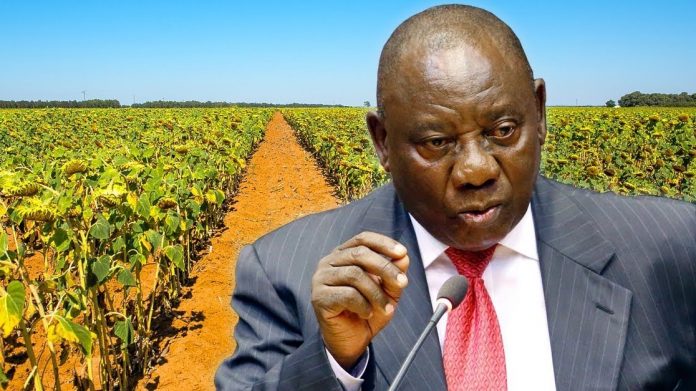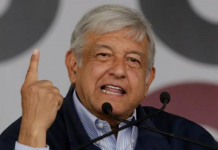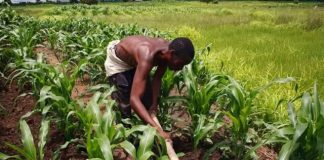South Africa’s new leader, Cyril Ramaphosa, has reiterated that the government will not allow illegal land grabs. He stated this last Wednesday as the country prepares to implement the decision of parliament to expropriate land without paying compensation to the White owners.
Ramaphosa, who replaced Jacob Zuma as President last month, is under pressure to deliver on promises to speed up land reform after slow progress at redistributing land to the country’s black majority since the end of White minority rule in 1994.
In a speech in parliament this week, the interim leader said, “We cannot have a situation of anarchy when we have proper constitutional means through which we can work to give land to our people.” It is believed that many Blacks are frustrated with the sluggish pace of land reform and have started to seize land from Whites outside Pretoria.
But Ramaphosa will have to contend with ways of ensuring that food production and security in Africa’s biggest maize producer are not threatened by his government’s land reform.
The land issue in Africa’s most industrialized economy remains highly emotive more than two decades after the end of apartheid as Whites still own most of South Africa’s land following centuries of colonial injustice. The apartheid system pushed the black majority into crowded urban townships and rural ghettoes. Now, worried economists and farming groups wonder how the new government’s redistribution policy would impact on the agricultural sector.















